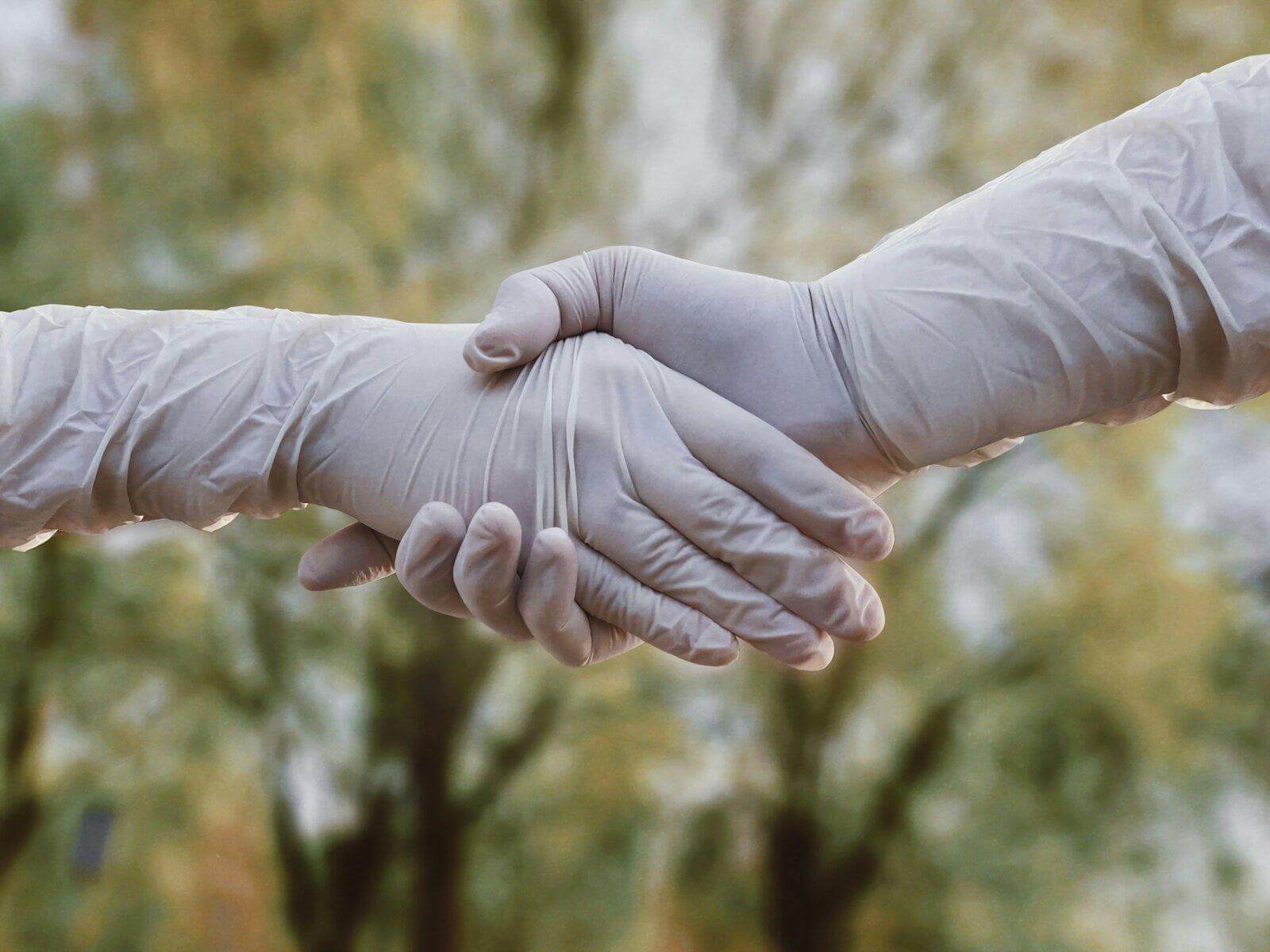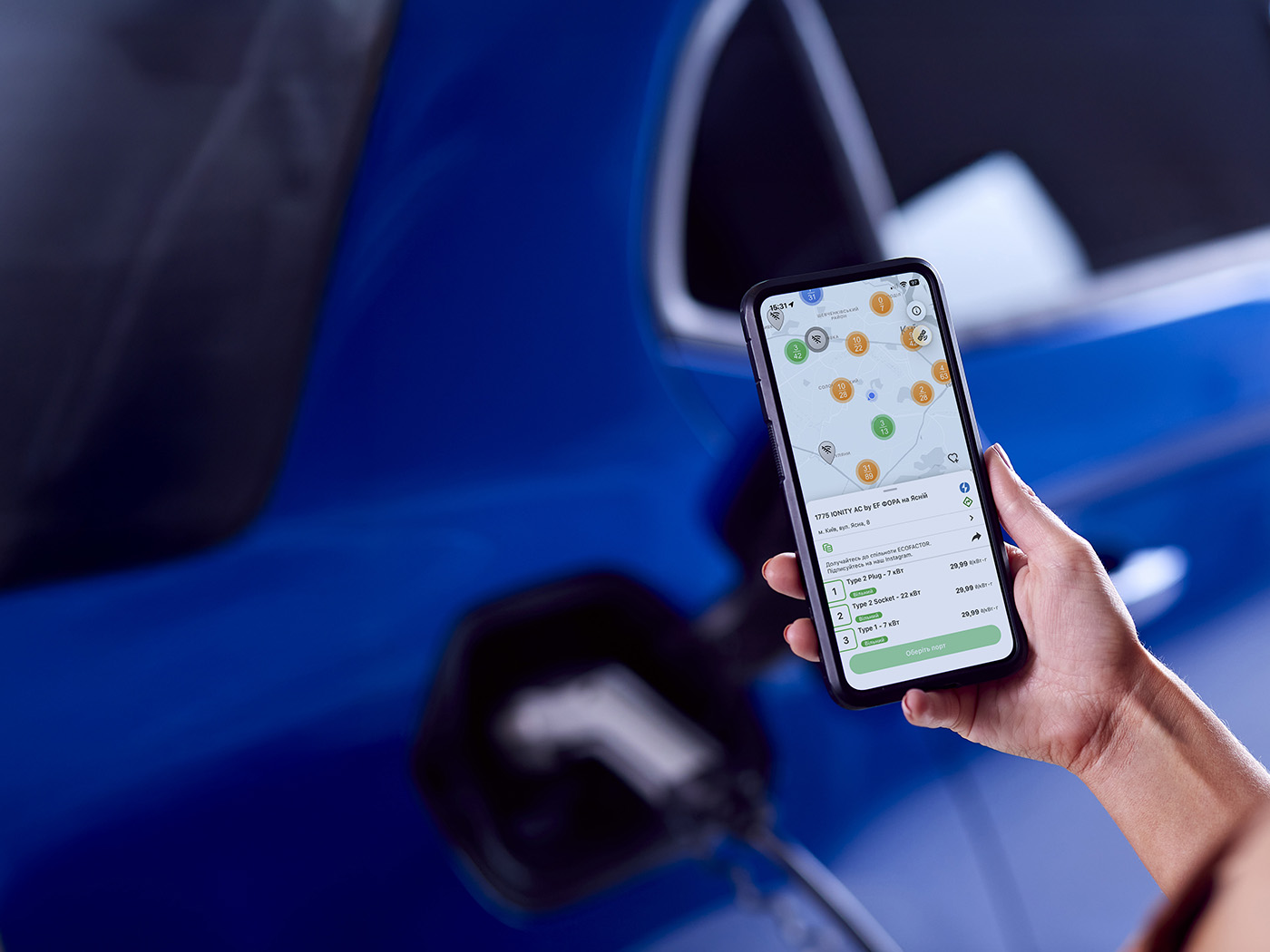
From electric cars to medical masks and ventilators: General Motors, BYD and Tesla have re-profiled production
While during the war, manufacturing companies worked to provide the army with everything it needed, during the pandemic, plants, factories and even small private companies are starting to produce what is needed to fight the disease. Well-known manufacturers such as BYD, Tesla and General Motors are now producing protective masks, respirators, antiseptics and medical equipment rather than electric cars. In Ukraine, [...]
Content:
While during the war, manufacturing companies worked to provide the army with everything it needed, during the pandemic, plants, factories and even small private companies are starting to produce what is needed to fight the disease. Well-known manufacturers such as BYD, Tesla, and General Motors are now producing protective masks, respirators, antiseptics, and medical equipment rather than electric cars. Ukraine is not standing aside either - Even online women's clothing stores have started producing masks. But we have difficulties with domestic ventilators.
In China.
BYD is one of the largest electric vehicle manufacturers in the world. It has re-profiled its production and started producing medical masksto meet the huge demand in China. To do this, the Chinese government granted it a licence to retail medical masks (this was banned during the Covid-19 outbreak). BYD now supplies masks and disinfectants to hospitals, healthcare facilities and the general public.
BYD operates more than 100 production lines, which produce 5 million masks and 300,000 antiseptics daily. More than 100 employees are involved in production, working 24 hours a day. The masks are sold first to the government at cost, and then to chain stores.
BYD produces not only the masks themselves, but also the equipment for their mass production. These machines consist of 1300 parts (including gears, rollers, wheels, trolleys, chains) - 90% of which are manufactured by BYD.
Other automotive manufacturers have joined the fight against the virus: Skywell, GAC Group, SAIC-GM-Wuling, Changang Automobile.
IN THE USA
19 March 2020 Elon Musk said. on Twitter that it is ready to produce lung ventilators to help fight the pandemic. Tesla produces electric vehicles with sophisticated climate control systems, and SpaceX creates spacecraft with life support systems. Therefore, it is possible to quickly switch to the production of ventilators. This will allow the Tesla plant to maintain minimal basic operations while its main work is suspended for the quarantine period.
An official permit has been issued for the production of lung ventilators and other medical equipment. This was reported in the on Twitter US President Donald Trump, who gave the green light and urged to speed up, said. This permission was given not only to Tesla Inc, but also to General Motors Co and Ford Motor Co. This is not surprising, as the United States is already the third largest country in the world in terms of the number of Covid-19 cases.
23 March 2020 it became knownreported that Tesla has already delivered 50,000 N95 respiratory masks to a medical centre in Seattle and many PARP helmets designed for a forced air supply system. In a few more days, about 1,200 lung ventilators will arrive, which Elon Musk purchased in China and donated to California.
Unfortunately, even this is only a drop in the bucket. The US needs about 3.5 billion masks. This was reported by Dr Ezekiel Emanuel, an American oncologist, bioethicist and senior fellow at the Centre for American Progress. He also said that Elon Musk could help, but it would take at least 8-10 weeks to produce such volumes.
A ventilator forcibly delivers a mixture of oxygen and compressed air to the lungs of a person. It is connected to the patient through a mask or through an intubation tube inserted into the airway. It does not just pump air, but adapts to the rhythm of breathing and regulates its work, taking into account brain impulses. This is a sophisticated piece of equipment that not every doctor can use.
To increase their number and set up mass production, special production facilities and parts are needed, which are currently in short supply around the world.
In Ukraine.
There are about 4000 ventilators in Ukrainian hospitals. This may seem like a lot, but if infectious diseases wards are overcrowded, it may not be enough. Ideally, there should be 16,000 of them - for each equipped bed for an infectious patient.
No one is currently manufacturing ventilators in Ukraine. There are only supplies and assistance from other countries. Meanwhile, a bankrupt Kyiv plant is idle in our country "Burevestnik, which can produce another 100 vehicles in 3 months on the basis of existing facilities. It has all the technical documentation for the ventilator and equipment, but lacks the necessary components - they need to be purchased in Italy and China. Large debts and a lack of funding prevent the plant from getting up and running.
The ventilators manufactured by the Burevisnyk plant cost about UAH 270,000. And a ventilator made by the German manufacturer Draeger costs about 40,000 euros (and the worse the epidemic situation in the world, the higher the price). The way out for our country is to finance the domestic manufacturer and purchase the necessary components for the assembly of the devices. But at the moment, no one is dealing with this issue except outraged journalists." - the plant's management in an interview told the news outlet Mind.ua.
Ukrainian producers and ordinary people are trying to help in the quarantine as much as they can: they are actively sewing masks and making antiseptics. Protective equipment is produced by textile companies, elite ateliers and small sewing workshops, priests and even people with disabilities. Not everyone has special materials, so some people make masks from neoprene or other materials at hand.
I would like to thank
For the fact that car manufacturers and other companies do not stand aside but try to help, rebuild their facilities, invest and act for the sake of society. Even if this becomes a good PR campaign for them, the main thing is the result and the fact of indifference.






